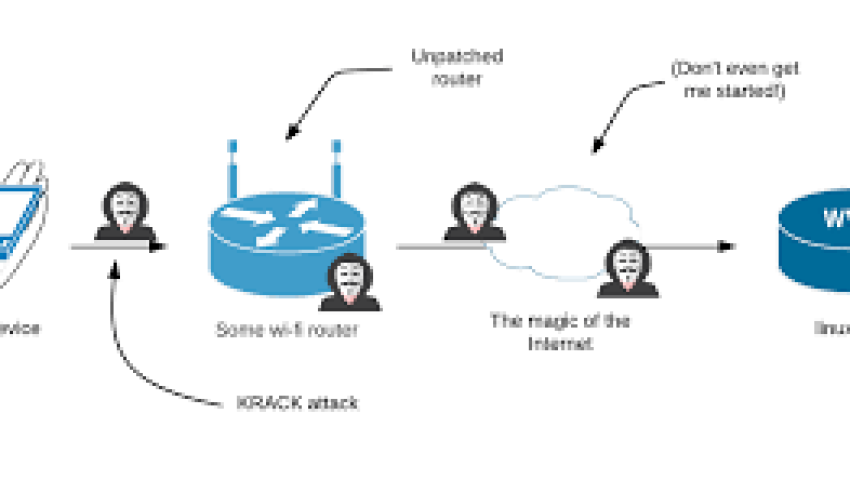
📶 Wi-Fi Forensics: Tracking Devices Through Wireless Connections
Wi-Fi networks are everywhere—homes, offices, cafes, airports. This ubiquity makes them a goldmine for forensic investigations. Wi-Fi forensics allows investigators to track devices, reconstruct activities, and collect evidence without physical access to the device itself.
Introduction
Wi-Fi networks are everywhere—homes, offices, cafes, airports. This ubiquity makes them a goldmine for forensic investigations. Wi-Fi forensics allows investigators to track devices, reconstruct activities, and collect evidence without physical access to the device itself.
🖥️ What Is Wi-Fi Forensics?
Wi-Fi forensics involves analyzing wireless network data to identify devices, users, and their activities. Key sources include:
Wi-Fi access point logs
Packet captures (PCAP files)
Router and hotspot records
Investigators use this data to:
Trace unauthorized access
Identify connected devices
Map user movements
🕵️♂️ How Investigators Track Devices
MAC Address Tracking:
Every Wi-Fi-enabled device has a unique MAC address.
By analyzing MAC addresses in logs, investigators can identify individual devices.
SSID & Access Point Logs:
Logs from routers and access points reveal which networks a device connected to and when.
Packet Capture Analysis:
Tools like Wireshark can capture packets and reconstruct activity patterns.
Geolocation through Wi-Fi:
By triangulating signals from multiple access points, investigators can approximate device locations.
🔗 Tools for Wi-Fi Forensics
Wireshark: Packet capture and analysis.
Aircrack-ng: Wireless network auditing and monitoring.
Kismet: Detect and log Wi-Fi devices.
NetSpot / Ekahau: For signal mapping and location tracking.
✅ Best Practices
Always obtain legal authorization before tracking devices.
Maintain chain of custody for all data collected.
Use encryption and secure storage for captured logs.
Correlate Wi-Fi logs with other network and device data to strengthen investigations.
Mrityunjay Singh
Leave a comment
Your email address will not be published. Required fields are marked *

